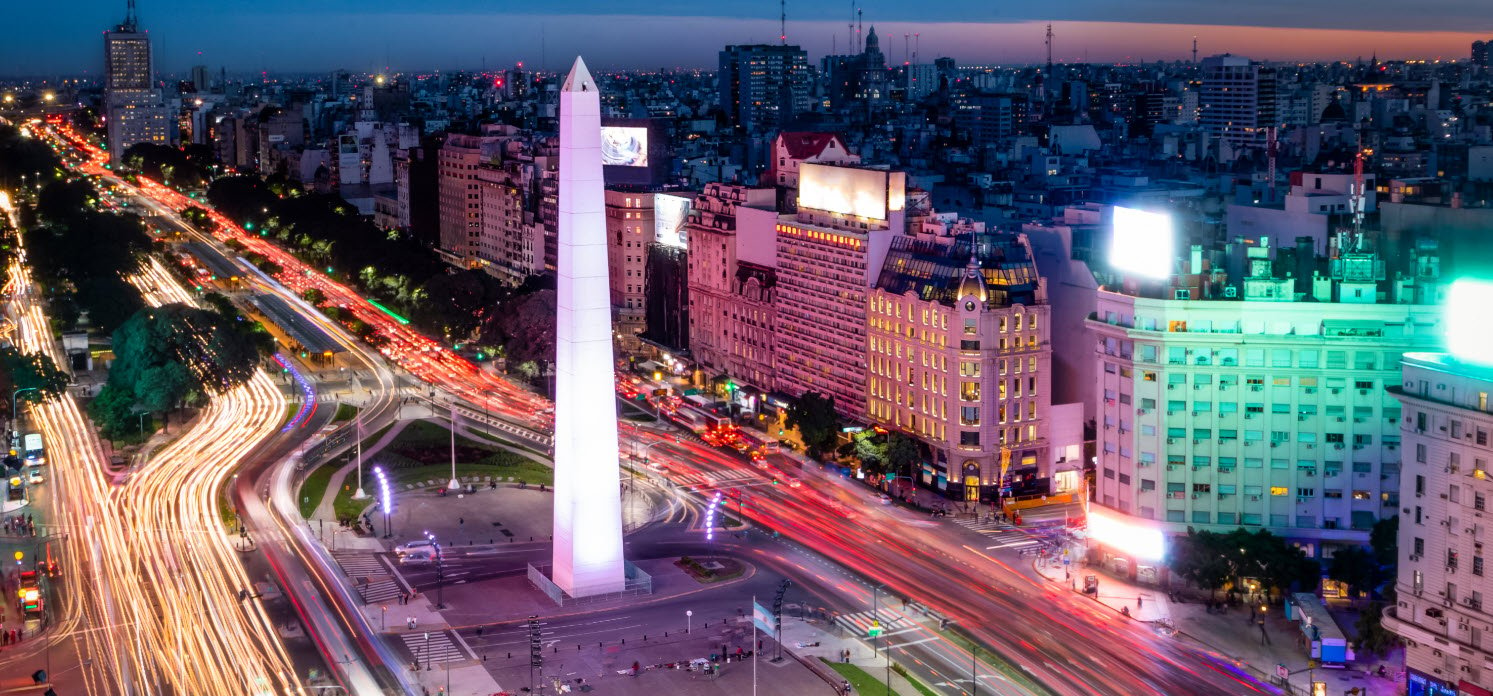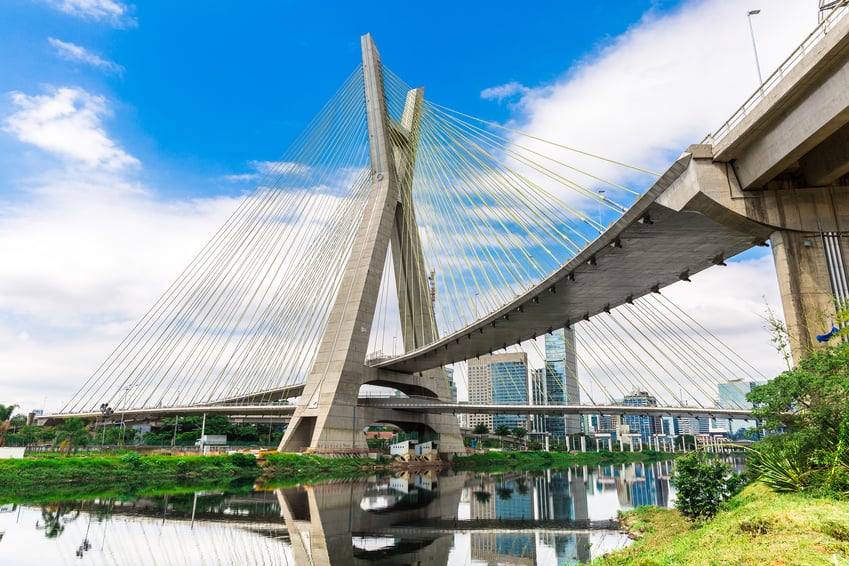In brief
In the framework of the global pandemic caused by SARS-CoV-2, and given both the decrease of cases and the increase of vaccination in Argentina, through Decree 494/2021, the National Government has established new preventive measures applicable between 7 August and 1 October 2021, inclusive, attuned to those that were last implemented by means of Decree 413/2021.
In depth
In particular, the National Government has conducted the following actions:
- ratified the general and mandatory rules of conduct that all citizens must comply with throughout the national territory in order to prevent the circulation and contagion of the COVID-19 virus
- clarified the scope of the prevention measures according to the parameters for defining epidemiological and sanitary risk, taking into consideration the occupation of intensive care beds and hospitalizations
- provided that governors and the chief of state of the Autonomous City of Buenos Aires will dictate the necessary measures to implement the provisions of the decree as delegates of the federal government, and that they may provide for temporary and targeted restrictions in addition to those provided for in the decree
- established that economic, industrial, commercial and service activities may continue to be carried out as long as they have an operating protocol approved by the corresponding health authority; offices’ maximum occupancy has been raised from 50% to 70%
- ordered that employers must continue to guarantee the hygiene and safety conditions established by the health authority to preserve the health of their employees
- ceased the obligation imposed on employers in relation to encouraging teleworking when possible
- in regards to employees’ duty of attendance for face-to-face work — extended Joint Resolution 4/2021, issued on 8 April 2021 (see item 2 here)
- maintained in-person classes and educational activities throughout the country
- extended the ban on entering Argentina, except in special circumstances
In those jurisdictions that are in “epidemiological and sanitary alarm situations,” additional temporary restrictions will be in force for nine days. Among other things, the National Government establishes: (i) mobility restrictions between 8 pm and 6 am of the following day, except for exempted personnel; (ii) prohibition on carrying out massive events; (iii) maximum capacity of 50% of the maximum authorized capacity for economic, industrial, commercial and service activities carried out in closed places; and (iv) restriction on the use of public passenger transportation limited to persons affected by the activities, services and situations included in Section 11 of Decree No. 125/21 and those who must travel for healthcare, or have a vaccination appointment, with their companions, if applicable.
These measures will be in force until at least 1 October 2021.
Click here to access the Spanish Version.



